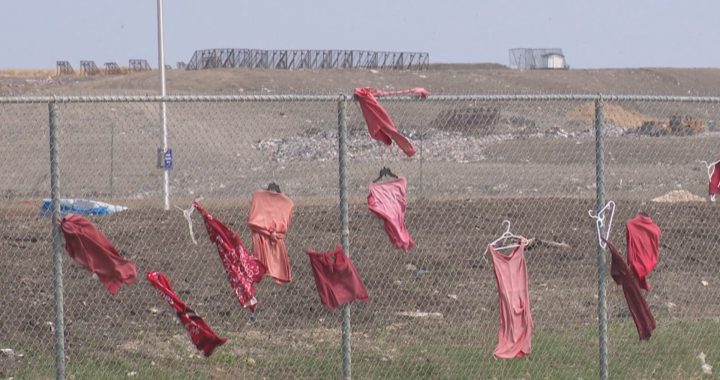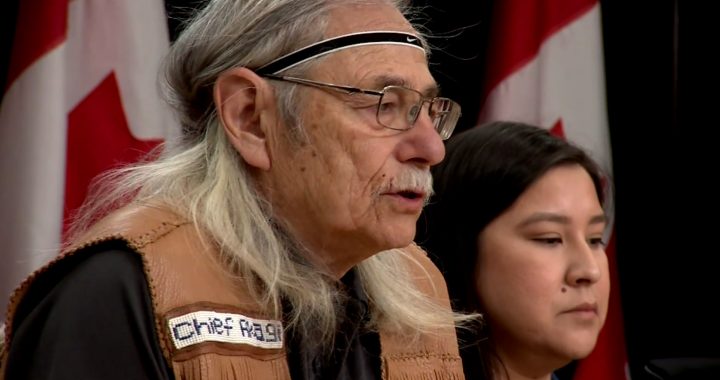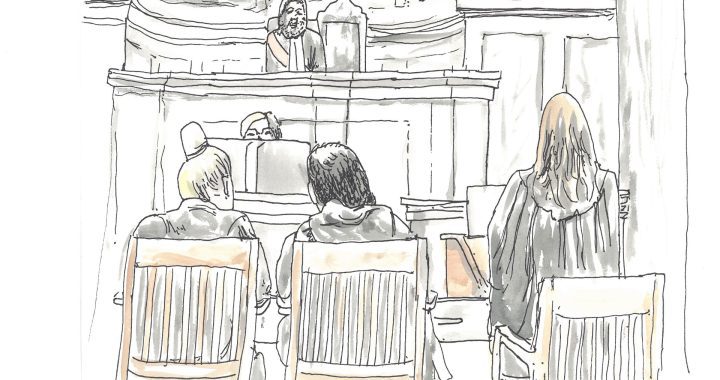Sipekne’katik First Nation Chief Mike Sack says nine fishing boats had their lines cut and were set adrift Wednesday night at the Weymouth North Wharf, located about 250 km northwest of Halifax.
According to a release sent out by Sack, the boats were tied up at the Weymouth wharf because commercial fishing boats had taken up all the moorings where Mi’kmaw fishers usually tie up.
“This is unfortunately what we have to deal with, harassment and property damage with no recourse or substantive protection to safe guard our people,” said Sack in a statement.
Sack said the community had planned to do a Fish, Food and Ceremonial Fishery (FSC) for a “community lobster giveaway” this week but the ceremony will have to be pushed to next week he said.

The chief who is the face of a community that has been inundated with violent acts from non-Indigenous commercial fishers, also blames the federal government for the actions against them.
“DFO (Department of Fisheries and Oceans) (is) coordinating with commercial fishery associations and representatives to limit access for Indigenous fishers,” the statement said.
“These brazen actions have sadly become routine and in our experience will not result in any repercussions for the perpetrators from DFO or the RCMP. This is a cause and effect pattern.”
Mi’kmaw have the right to fish for a livelihood under the the Peace and Friendship Treaties signed in the mid 1700s. These treaties never ceded land.
The 1752 Treaty agreed that the Mi’kmaq “shall not be hindered from, but have free liberty of Hunting & Fishing as usual.”
The 1760-61 Treaties ensure the Mi’kmaw right to sell, barter and trade at truck houses which were run by the British at that time. This is the Treaty Right that Donald Marshall Jr. asserted when he was charged for fishing and selling eels out of season, without a licence.
In 1999, the Supreme Court of Canada upheld this right in what is known as the Marshall Decision and coined the phrase “moderate livelihood.”
Read More: Mi’kmaw Fishing Rights
Sack said the community has shared its fishery management plan with DFO – and extended an invitation to DFO Minister Bernadette Jordan to attend the giveaway.
“Within days, sometimes hours, we suffer retaliatory harassment and physical damages. This repetitious sequence of events mirrors the coordination and communication between DFO and the commercial fishery we experienced last fall and through the winter and for which DFO was recently exposed to be taking directives from the Commercial fishery association in NB as they continue to box out Listuguj as well.”
In September 2020, Sipekne’katik First Nation launched its moderate livelihood fishery and was met by non-Indigenous fishers who cut traps, fired flares at their boats, torched a van owned by a Mi’kmaw harvester and destroyed several tonnes of lobster as RCMP officers stood by and watched.

According to documents obtained by APTN News, the federal government, including the RCMP, were more concerned with the moderate fishery the Mi’kmaw were launching than about the violence being inflicted upon them.
In the past, Sipekne’katik First Nation has had to publicly call on Jordan to denounce the violence against Mi’kmaw fishers.
As of this posting, DFO hadn’t issued a statement regarding the Mi’kmaw fishing boats.
APTN contacted Jordan’s office for comment but didn’t receive one by the time this story was published.
A Mi’kmaw fishing boat that was taking part in the Food, Social and Ceremonial fishery Friday was detained by DFO officials and later released.
This story was last updated Aug. 7









